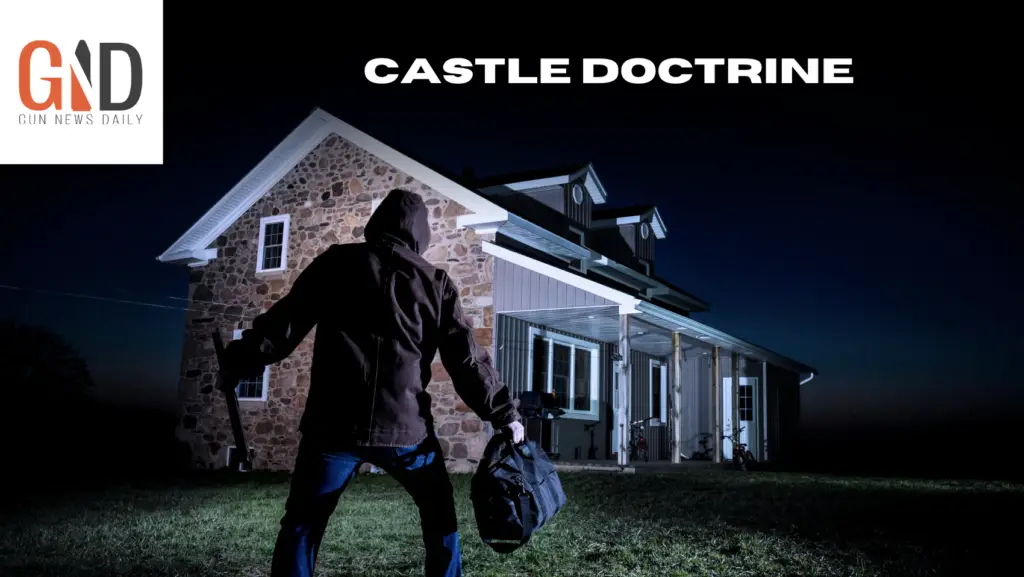Recent analysis of self-defense laws, especially the Castle Doctrine passed in over 20 states from 2000 to 2010, examines whether these legal changes deter crime or escalate violence. These laws have notably removed the duty to retreat in public spaces, allowing individuals to use lethal force more freely in perceived threats.
The study, presented by the National Bureau of Economic Research, explores the complex relationship between increased self-defense rights and crime rates, compelling readers to consider the broader implications of such legislation on public safety and community dynamics. With the potential for significant social impact, understanding these laws is crucial for informed public discourse on personal safety and legal rights.
Read full story at www.nber.org














